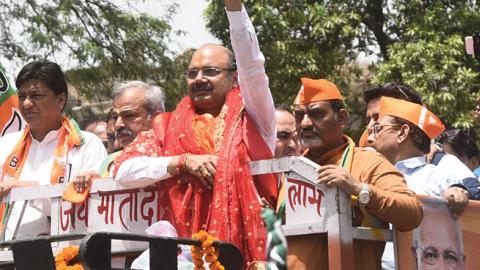Superficially, the U.S.-India relationship looks like a success. With both countries focused on China, business ties steadily deepening, and U.S.-Pakistan relations in a deep freeze, many of the old obstacles to the relationship have disappeared.
But an intense week of meetings in Bangalore and Delhi with politicians, think tankers, religious leaders and journalists made clear that while Americans and Indians share strategic and economic interests, and we both value democracy, we remain divided by important differences in values and perceptions. Unless managed carefully, these differences could derail U.S.-India cooperation at a critical time.
Americans and Indians often see the same problem in very different ways. India, for example, does not see Russia’s attack on Ukraine as a threat to world order. While Americans have been disturbed by India’s continued willingness to buy oil from Russia, Indians resent the West’s attempt to rally global support for what many here see as a largely Western problem in Ukraine. Pointing out that Europeans scarcely noticed China’s attacks on Indian frontier posts in 2020, Foreign Minister Subrahmanyam Jaishankar told a conference in Bratislava, Slovakia, last week that “Europe has to grow out of the mindset that Europe’s problems are the world’s problems.”
Read the full article in The Wall Street Journal















